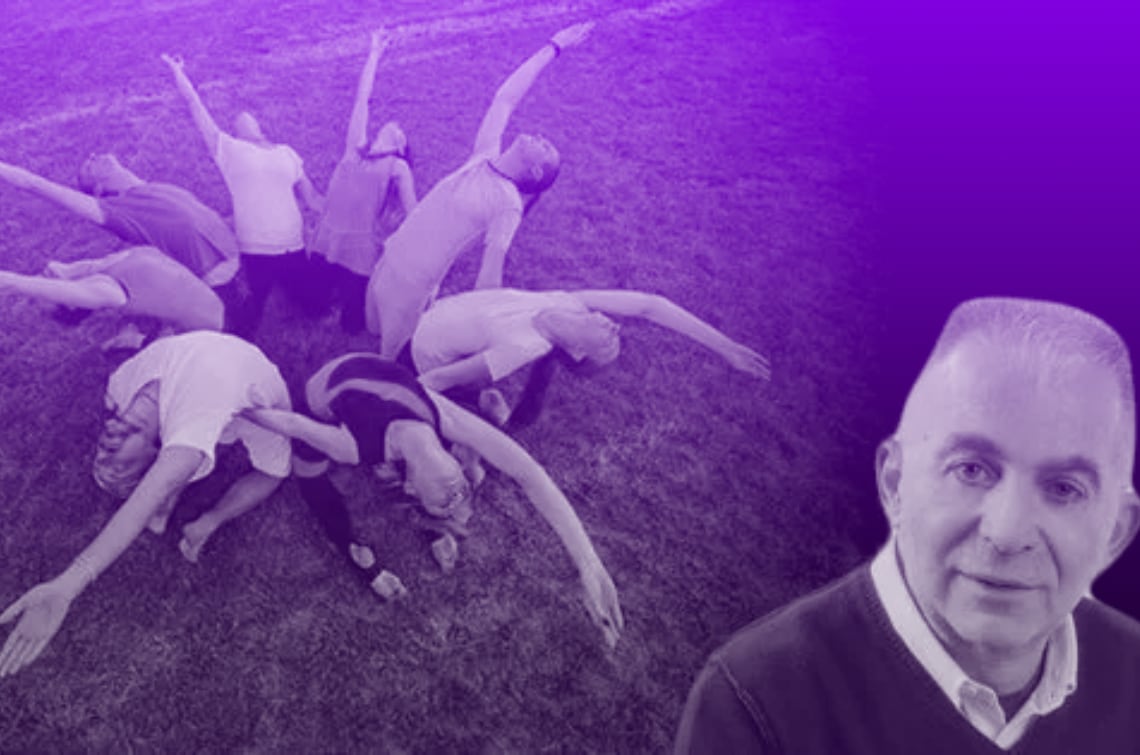Article index
The birth of a new life is the testimony of a great event.
And the act of breath preceding the first vagite of the newborn, his greeting to the world.
Have you had the opportunity to attend the magic of childbirth?
Did you move when you heard a child's "voice" for the first time?
 Medicine states that the vigorous cry of the newborn after childbirth is essential. Dilated the alveoli and allow the passage of oxygen into the lungs.
Medicine states that the vigorous cry of the newborn after childbirth is essential. Dilated the alveoli and allow the passage of oxygen into the lungs.
It is an index of vitality : a signal that he is strong, healthy and capable of being felt.
The voice is the means by which the newborn communicates and makes itself understood.
A personal code that evolves day by day.
It begins with simple shapes, such as lallation and gorgoglìo, and turns into a structured language.
Then you become big and everything changes.
Have you ever wondered what your neolinning is?
What is the code that identifies you?
What "color" does the sound of your voice have?
I imagine that you too have dreamed, at least once, to return children to give free rein to the voice. As was done in the lifreat races, during recreation with the playmates.
Because, when they grow up, the opportunities to manifest "with full lungs" the emotions are rare.
The mind affects us. Blocks the spontaneous flow of emotions and limits our action.
Since I was a child, I lived moments of joyful Letizia, because singing was part of my newspaper.
A set of intense sensations that still relive, despite the memory is linked to a distant time.
Today I am sad because I realize that you no longer sing!
The song no longer accompanies the rhythms of nature: the harvest, the collection of rice, the party in the Hague at the end of the harvest.
Even a field fire, a trip by train, a Sunday survival outside the door, is no longer "vivified" by singing.
Did we silence ourselves and a little brutality?
Philippe Barraquè - musicologist and music therapist - in his book "The voice he heals" writes:
“The vibrations of the voice are like molecules. Pure bodies that are inscribed in the memory of our body. Using it as an instrument of harmonization and healing means singing being and rebirth, in its creative energies and in its inner silences ".
His words are a bright beam and testify how powerful the vibrations of the voice are.
So powerful as to heal the body, mind and spirit.
The body, because they resonate with the cell - constituted for 75% of water - which regenerates and resumes vigor. The molecular biology affirms.
The mind, because they subside the whirlwind of thoughts. Those who destabilize the home of the newspaper and interpersonal relationships. He supports behavioral psychology.
The spirit, because the practice of singing stimulates the flow of emotions and "elevates" the individual through "the experiences of summit".
That state of bliss - so called by Roberto Assagioli father of psychosynthesis - where to find his own psychophysical balance.
In support of the thought of Philippe Barraquè, I report a fact that I read on the book "Eufonia* by Daniel Levy.
A story of why singing is good
 The story is set in the monastery of the great Chartreus. Place where the liturgy of the hours - the five moments of daily prayer - was traditionally sung.
The story is set in the monastery of the great Chartreus. Place where the liturgy of the hours - the five moments of daily prayer - was traditionally sung.
With the arrival of the new prior there was a significant change: the song was replaced by the simple act of prayers.
After a month, a strange fact succeeded. The monks began to get sick. One after the other.
They felt tired, debilitated, without energy. So much to work hard to carry out small daily works.
The prior, thinking was a health problem, called the doctor. And he, after visiting them, did not detect serious pathologies. Therefore he prescribed only the re -established.
They spent two weeks without any improvement.
The prior, seriously worried, consulted the library budder in the hope of finding a solution to the problem.
The librarian made a targeted research, then suggested changing strategy. Convene a German confrere, which for years had been dedicated to the practice of vibrational therapies.
Arriving at the monastery, the expert asked the prior how long the confreres were sick. And he wanted to know if before the appearance of the symptoms, there was an important change in their daily habits.
The prior said that the only significant change had been the replacement of the song of the hours with the recitation of the prayers.
After the story, the monk wanted to remain a few days in the convent, to verify the accuracy of his assumptions.
He participated in the moments of prayer, and saw that the faces of the confreres were sad and off. Here is the test!
The monks, deprived of the daily practice of singing, had fallen sick.
The prior restored the song of the hours, and after two weeks all the monks returned in dazzling form. Interesting, don't you find?
Singing makes me feel good: with myself and with others.
He gave me joy in the years in which I was part of a professional choir. And now, when singing alone or in small chamber formations, the intensity of its vibrations nourishes me and refreshes me.
Song is a thaumaturgical remedy.
For those who want to find contact with their emotions.
For those who want to return to smile, despite the grayness of the locations.
For those who want to counter the heaviness of the newspaper and transform it into a festive moment of joy.
Read also the article: the song of the sirens. The mystery of the voice!








